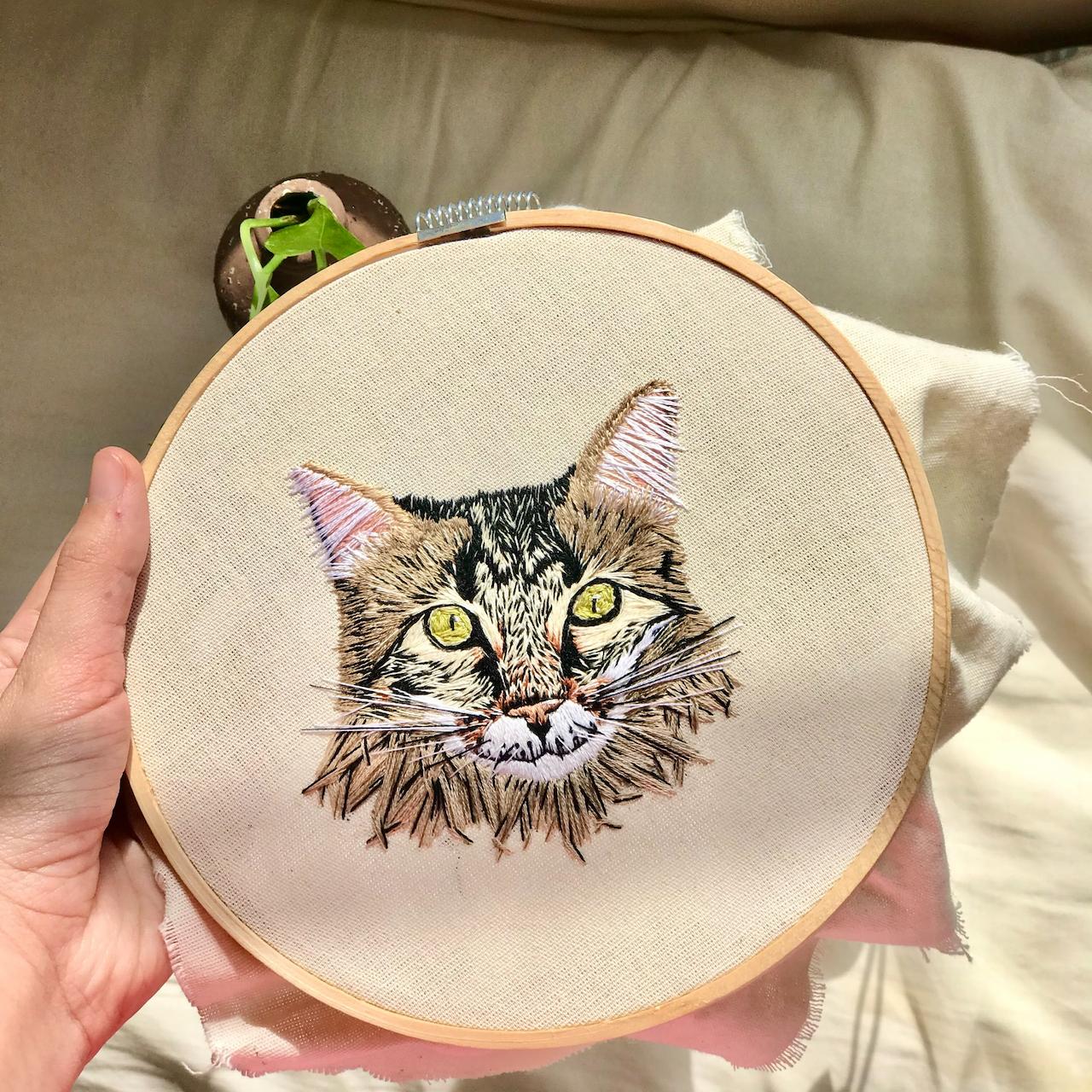During the digitizing process, automatic digitizing programs can make mistakes that are not visible until the machine has embroidered the design. In theory, any design can be digitized; however, the machine’s ability to embroider fine details and shades that are difficult to replicate in stitch format will be limited. It is very important that the quality of the embroidered image is of the highest resolution, otherwise, the quality of the design will be completely compromised, and in order to avoid this accident, it is necessary that the embroidery digitizing services and their specialists choose the best software to preserve the image quality for sending to embroidery digitization.
If you want to meet customer needs by choosing dedicated multi-format digital services suitable for different machines, they will usually produce higher quality embroidery than plug-and-play software. To create unique and outstanding clothing, you need to know more about embroidery design and digitization. You should understand every detail about the fabric, the type of thread, the correct sewing machine needle, the carefully adjusted embroidery machine, and the bobbin, carefully prepared embroidery patterns, properly placed patterns, proper stability, and hoop setting methods Such information has a significant impact on the digitization of embroidery.
A good digital design will complement your logo, so seek out an embroiderer who offers high-quality embroidery digitization. Digitization is the process of converting pre-existing graphics into embroidery design files for machine embroidery. By applying stitches to the graphics in the embroidery software, you can use the embroidery machine to run the file. With digital embroidery, professionals can replicate many designs because this technology reduces the frustration associated with the typical embroidery process.
Because embroidery machines cannot read the same file formats as your computer, you must digitize your logo before the machines can work. While these machines can read every file a computer can, the embroiderer has not yet digitized the designs, logo, or Vector artwork into a specific structure that the machine can understand. This establishes the need for a needlewoman to convert drawings or artwork stored on a computer into a specific digital file extension that would allow the machine to clearly understand and identify the path of her needle.
In most cases, many machines have their own built-in software that can easily translate the sewing instructions of the file. Most embroidery machines have their own software that allows us to control their functions by reading instructions in digital files.
All you have to do is select a design, then digitalize the file and connect it to the machine. So you don’t have to embroider the design and waste materials just to see the machine embroider it. The stitch types are then assigned to each section of the design by the digitizer based on which stitches best represent the design. The digitizer must then examine the design to determine whether it needs to be altered for embroidery. The digitizer needs to know how the stitches he sees in his embroidery software will be sewn on different fabrics.
The key to getting it digitized correctly in selecting the right type of clothing and what you want to digitize. This includes knowing the desired size of the scanned design, as well as the type of fabric and clothing it will be embroidered on. Before starting the process, the most important factors are the type of fabric used, the design required, and the machine requirements.
After you’ve grasped these concepts, the next step is to use digitizing software to convert the graphics to the desired file format. This is where the file should be compatible with the embroidery program, and this is where the digitizing aspect comes into play. When the correct settings have been made and the image can be conveniently and artistically combined with the item of clothing in question, the digitizer can analyze and transfer the stitch file through an embroidery machine that automatically embroiders the image onto any item of choice.
Digitizing is all about the physical characteristics of machine embroidery and learning how to use digitizing software to get the results you want. A well-tuned embroidery machine, the correct needle and bobbin tension, a well-placed and well-prepared embroidered design, the choice of the correct thread and needle, and, most importantly, a good knowledge of the fabric for the embroidery project, as well as proper stabilization and framing techniques, are some of them there. It’s important to be able to focus on the art of embroidery in order to create a piece of art that works well in this context.
Experienced digitizers understand the distinction between textiles and design, allowing them to determine which digitized embroidery looks best on specific promotional items. However, if you have to do impossible stitching on high-density fabrics, no one can do it better than professional digitizers who provide quality embroidery digitizing services and see the experience of customizing design elements based on stitch density and fabric density.
Free embroidery digitizing software can be found online. Just enter something like free embroidery digitizing software into a search engine and see the value and reliability of each one. If you are interested in creating or editing your embroidery, then my interactive online training on digitizing will be an invaluable resource for you.
Digitization is the most important aspect of machine embroidery; without it, you wouldn’t have an embroidery design. Handmade digitizing work is preferred as it is not only detailed but can also handle more complex projects.
0
